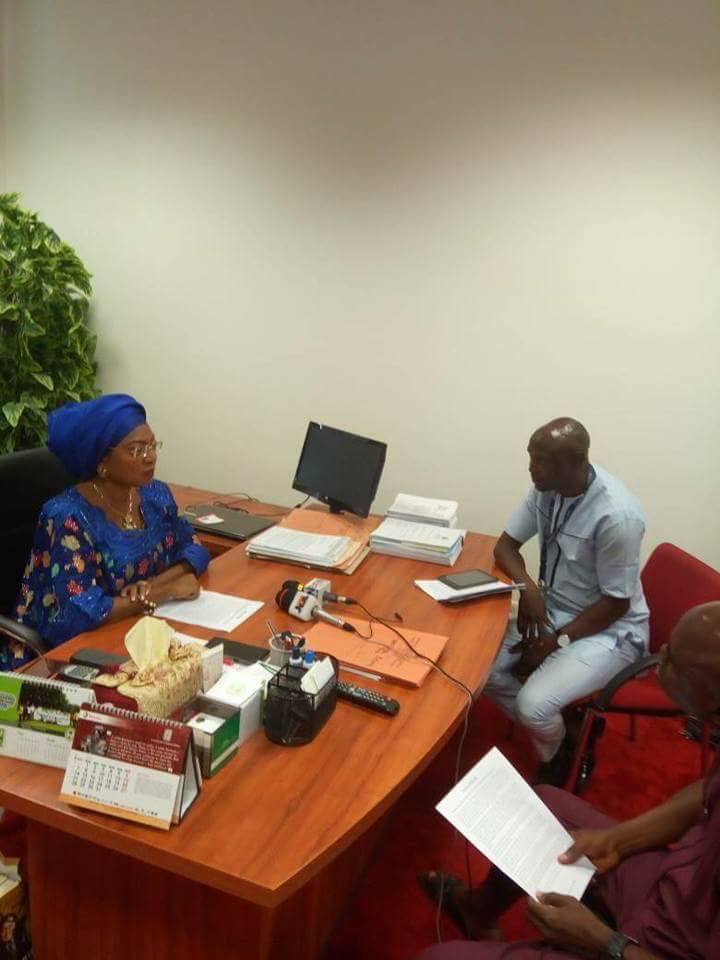The Senate on Tuesday condemned the continued xenophobic attacks on Nigerians in South Africa and called on the federal government “to do more to protect its citizens living in South Africa”.
The chairman, Senate Committee on Diaspora and Non-Governmental Organisations (NGOs), Senator Rose Oko, who addressed the press in her office on behalf of the Senate, regretted that efforts in the past to stop xenophobic attacks in the has not yielded positive result.
Oko, who also highlighted series of efforts by officials of the two countries to curb incidences of xenophobic attacks on Nigerians in South since 2013, said it however persisted through to 2016.
The senator, who represents Cross River Northern Senatorial District, expressed the displeasure of the Senate over the latest mob killing of Anambra-born Mr Clement Nwaogu, in North West Province of South Africa.
According to her, incidences of “xenophobic attacks and killing are fuelled by the lack of action by its government to bring perpetrators to book including disciplining its rogue law enforcement agents as well as utterances by prominent South Africans against foreigners in their country.”
Senator Oko said, “It has been reported that yet another Nigerian, Clement Nwaogu, from Anambra State living in South Africa and involved in upholstery business was attacked and killed by a mob in Rustenburg, North West Province. His crime ostensibly being his accent and habit which the mob found offensive. They were said to have descended on him like a common criminal in the presence of the South African police officers who reportedly did not respond to all entreaties to help him. Eventually, as he ran from the scene, he was chased and set ablazed.”
She opined that, the incidence of xenophobic attacks and extra judicial killings of foreigners, most especially Nigerians has continued to be on the rise notwithstanding actions taken by both Governments to stem the tide. In 2013, an MoU was signed by both governments to curb the incidence of xenophobia. The attacks however persisted through 2016. After a series of attacks in early 2017 both Governments agreed on early warning mechanisms. In my interface with the Minister of Foreign Affairs, he was optimistic that this will ameliorate the situation. However, the efforts of 2013 and 2017 obviously have not yielded the desired result in protecting the lives of Nigerians in South Africa.
“Furthermore, it is to be noted that there are currently 14 Nigerians still in detention when they protested against extra judicial killing of Nigerians in February this year, while the police officers involved have since been released on bail.
She added that, It is also to be noted that apparently xenophobic attacks and extra judicial killings in South Africa is being fuelled by the lack of action by its government to bring perpetrators to book including disciplining its rogue law enforcement agents as well as utterances by prominent South Africans against foreigners in their country. For instance, in 2015, the Zulu king was said to have called all foreigners to leave the country. This resulted in violent xenophobic attacks.
“While we dont hold brief for Nigerians who do not obey the laws of the country, meting out jungle justice is against all known International, Regional and National statutes that enshrine basic and fundamental human rights to life and the right to fair hearing. The Nigerian government must do more to protect her citizens in South Africa.
“The African Union must be involved as xenophobia is indeed against foreigners especially those from Africa. Nigeria must urge the South African government to prosecute perpetrators of these acts. Nigeria must adopt a tougher stance including considering the present cordial relations with South Africa.
“We must also urgently look inward and find a solution to the mass movement of Nigerian youths to other parts of the world notwithstanding the dangers that they face, over there.”





